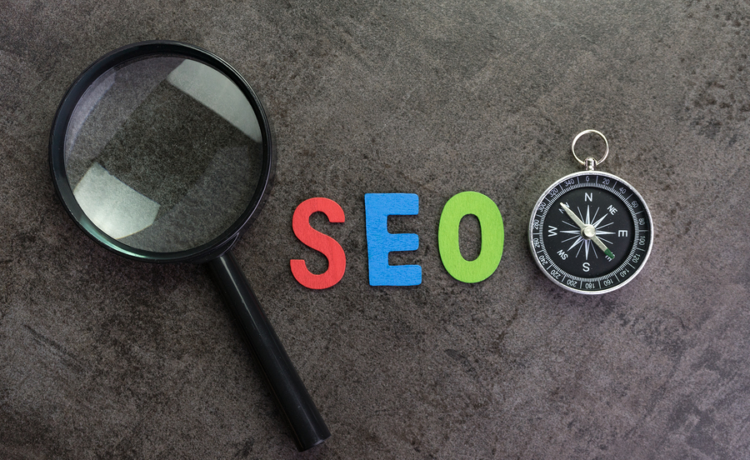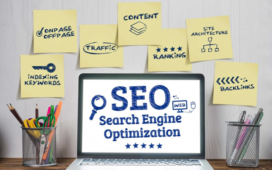The eCommerce SEO process involves activities that make your online eCommerce store more visible on SERPs. When products you sell are searched for, then you can rank high and drive more traffic, but your website needs to be optimized correctly. Traffic can be attained from paid searches but the cost of SEO services is significantly less. Besides, ad blockers can decline the paid search effectiveness.Therefore, it is sensible to choose an organic search alternative via SEO.
Buy SEO services from the established Digital Marketing 1-on1 firm for making sure that the right signals are sent to Google and that your eCommerce shop is all set for SEO success.
Why does eCommerce SEO matter?
Potential buyers always look for options, comparisons, tips, and other information that can help them make an educated decision. If your eCommerce site does not appear on the top ranking then you lose quality traffic and potential customers.
Ecommerce SEO gives you a way of reaching your target and directs the traffic to your site. You engage the traffic on your site by showing branded products, engaging copy along with compelling CTAs [call-to-action]. Ecommerce SEO resolves the initial hurdle of attracting new prospects to your website.
Ecommerce SEO guidelines for best practices
Use right keywords
Analyze keyword search volume, user intent, and cost-per-click to identify the right keywords. Use primary keywords in product headlines, sub-headlines, description, Meta description, and image alt attributes. Spread the LSI [latent semantic index] keywords across the page. LSI are related keywords, which help bots understand page context.
Conduct competitive research
Check your competition for keywords, landing pages, top product pages, and how they use specified keywords. It helps to know how they have optimized their eCommerce site.
Homepage optimization
The homepage is the important page on your website. Ensure you consider the following things during homepage optimization.
- Homepage title tag
- Homepage Meta Description
A cluttered homepage makes things complicated for search engines and visitors. Therefore, be specific about your site offerings, so even Google identifies what you sell.
Simplify site layout
Site architecture plays a huge role in an eCommerce website because you will be adding a variety of products and categories. Search engine crawlers discover products and pages on your website via structural internal linking that is simple and not very complicated. Internal linking serves two key purposes –
- Improves eCommerce SEO as it demonstrates how web pages are interrelated.
- Engages and keeps visitors exploring the website for a long time.
Product pages optimization
Just throwing a video or an image and writing a few lines about every product is not enough. Make product pages the backbone of your eCommerce business. Product pages must offer helpful information for search engines to identify and index them.
Page speed optimization
Page load speed is a crucial ranking algorithm. The faster the pages load the better the user experience and the higher Google bots rank your site. Ensure that your web pages have only the necessary elements. For example, lots of background image covering plenty of white columns is unnecessary. Remove obsolete add-ons or plug-ins.
Choose a responsive web design
Lots of shopping is done via smartphone. Use responsive web design because it leads to a great user experience and even you are rewarded with top-ranking because of Google’s guideline mobile-first indexing.












